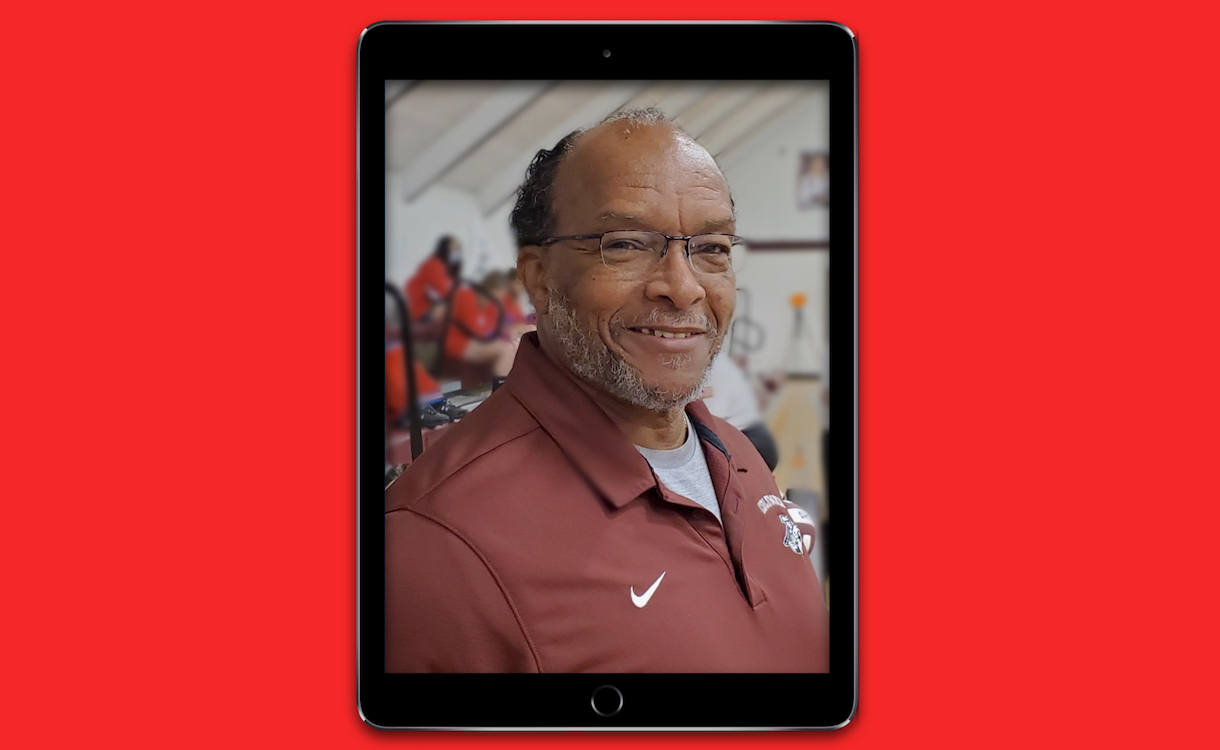
Recently a new buzzword has surfaced in education. It stems from the popularity of the 1619 Project, which its creators intended as a curriculum supplement for educators to use in the classroom. Initially met with praise, the project has become divisive as it looks into the structures that separated enslaved African Americans from the free white Americans in this nation’s history.
The buzzword is critical race theory and its very mention has many communities at odds with how the American education system teaches students about the darker moments of American History. Opponents of the 1619 Project have been vocal about its use in K-12 curricula. Some states, like Georgia and Idaho, have gone so far as to ban teachers from talking about critical race theory in classrooms from elementary school to college. School districts that use the material in their curricula will have their funds cut as a result of recently passed bills in these states.
Melvin Miller is a veteran and a high school teacher who grew up in the segregated south and served his country in the newly integrated military. He provides a generational perspective that may be lost if America’s true history is swept under the rug. During this interview, I couldn’t help but think how so many people’s experiences may become minimized if parts of our history are lumped in with critical race theory, and recounting our own experiences might simply be outlawed.
In this episode, I explore what critical race theory is, and talk about how it, along with states trying to redact history, maybe further divide America. I also examine why states are introducing legislation to prevent students from learning about institutionalized racism, Melvin’s experiences in desegregation in the American military, and why he chose to become a history teacher.
—William Jeffery is curating Flipboard EDU Podcast
“Coach Jeffery” is an award-winning digital learning educator and principal at Columbia High School in Texas. His tech pedagogy continues to drive him to curate educational content on Flipboard that highlights teaching strategies, edtech, and ways to improve student success. He hosts the “Flipboard EDU Podcast” as yet another way to share resources with peers.

